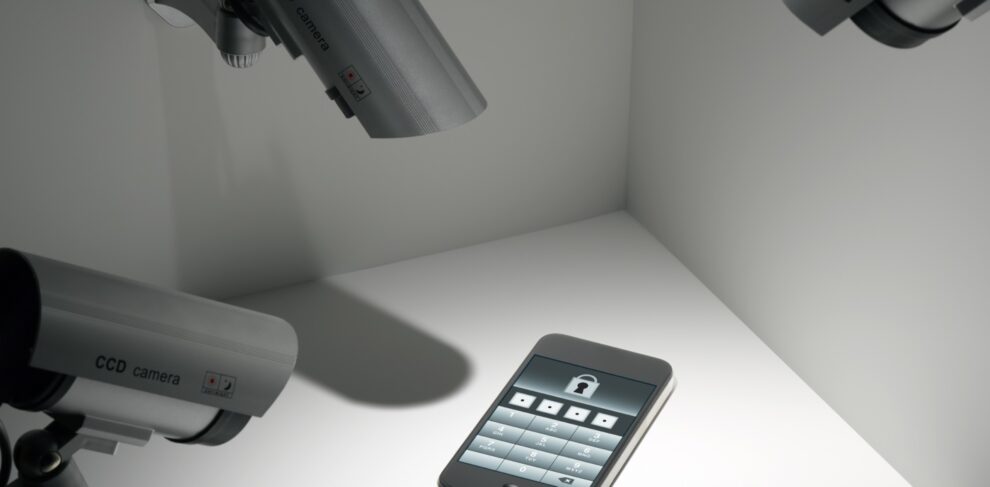Ahead of today’s opening of RightsCon, a summit on human rights in the digital age, which takes place in San José, Costa Rica, Rasha Abdul Rahim, Director of Amnesty Tech, said:
“The spyware crisis has massive implications for the future of human rights, and the time has come for the world to move beyond simply putting a plaster over this pervasive and covert digital intrusion into peoples’ lives. There must be an immediate global ban on highly invasive spyware.
It’s a simple fact that highly invasive spyware poses a real danger to the privacy and security of everyone.Rasha Abdul Rahim, Amnesty Tech
“Governments around the world must take action to stop unscrupulous spyware companies selling their wares, and to stop phones being turned into weapons. It’s a simple fact that highly invasive spyware poses a real danger to the privacy and security of everyone.
“Highly invasive spyware has become the weapon of choice for governments seeking to silence journalists, attack activists and crush dissent, placing countless lives at risk. It must be outlawed now.”
Amnesty International’s Security Lab actively monitors and investigates companies and governments who proliferate and abuse cyber-surveillance technologies that pose a fundamental threat to human rights defenders, journalists, and civil society. Its ongoing investigations, for example, continue to reveal the relentless spread of NSO Group’s Pegasus spyware, which has been used to target heads of state, activists and journalists in Spain, Poland, the Dominican Republic and across Latin America, the Middle East and Africa. The list goes on and gets ever longer.
In a significant first step to address the spyware crisis in March, President Biden signed an Executive Order restricting the US government’s use of commercial spyware technology. The US and governments around the world must go further and impose a ban on highly invasive spyware.
Amnesty International defines ‘highly invasive spyware’ as software with functionality that cannot be limited and the use of which cannot be independently audited, of which Pegasus is just one example. For spyware that can be limited and independently audited, Amnesty International also calls for a global temporary ban on its use until a system of human rights safeguards is in place to prevent abuses.
Amnesty International at RightsCon
At Amnesty International we believe technology should put people and human rights first, and we have plugged hackers, coders, data scientists and technologists into our team to help achieve this. We investigate. We campaign. We work to change policy. We fight for justice. We hold the powerful to account. We’re setting the agenda for the future of human rights and technology.
The Security Lab continues to monitor and expose emerging spyware companies, helping to protect civil society and billions of mobile devices from these invasive attacks. Unique forensic tools including the Mobile Verification Toolkit developed by the Security Lab are empowering an emerging field of civil society technologists who work to protect their own communities from these threats.
Every year RightsCon brings together activists, business leaders, policy makers, technologists, and journalists from around the world to take action on human rights in the digital age. After three years of virtual gatherings, the 12th edition will be a hybrid taking place online and in San José, Costa Rica between 5-8 June 2023.
Source : Amnesty































